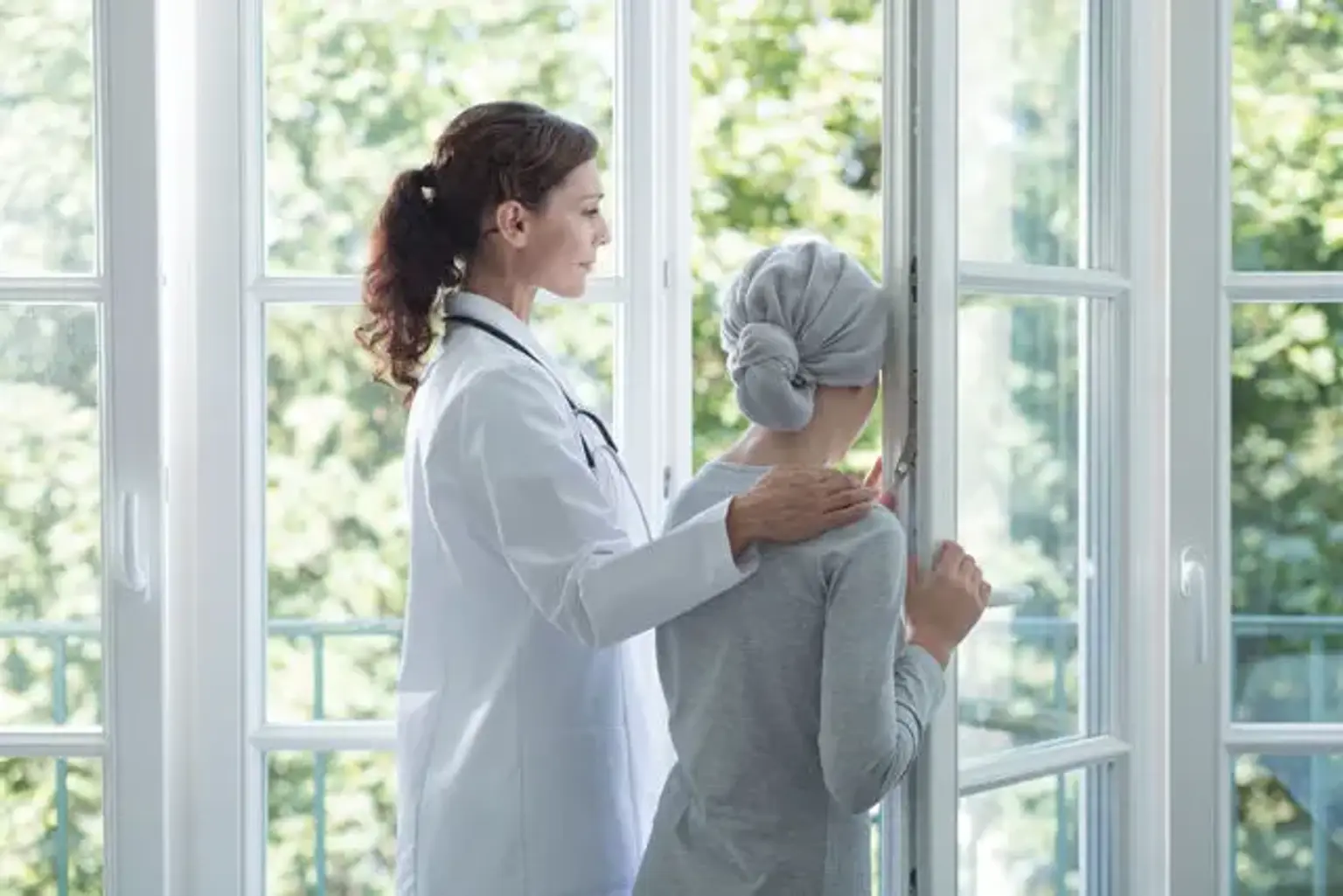Chemotherapy Treatment
Chemotherapy refers to an aggressive form of treatment that uses drugs to destroy the fast-growing cancerous cells and prevent them from advancing. Doctors usually recommend chemotherapy treatment to treat various types of cancer. However, it can also help with other health conditions, including bone marrow and immune system diseases.
Although chemotherapy is an effective alternative for treating cancer, it comes with several side effects and risks. Some of these side effects are usually minor and manageable, whereas others can result in severe health problems and complications.
